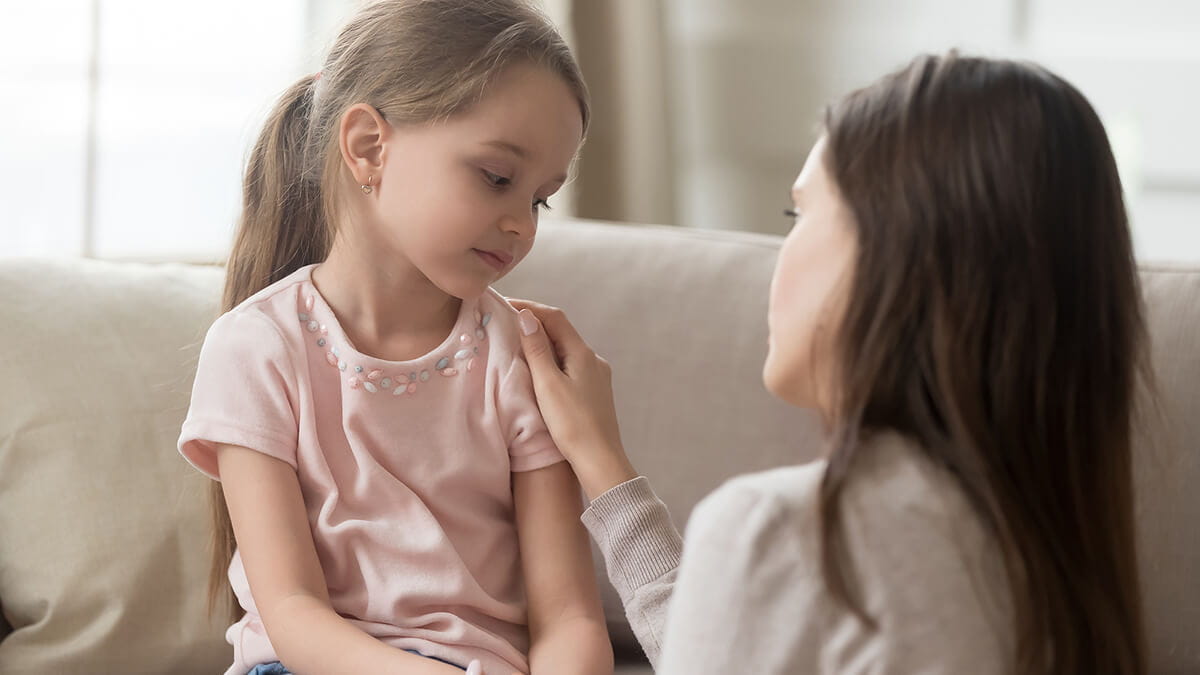No matter where you live, you live with the possibility that your community will experience an emergency such as severe weather, wildfires, an earthquake, or a tornado. As a threat looms, adults are naturally focused on disaster preparedness, like assembling an emergency food supply and securing property.
And while these tasks are vital, health educators and other public health professionals want to emphasize how important it is to prepare and support children, who are the most vulnerable during emergency situations.
“The unique needs of children mandate specialized and appropriate planning for disasters,” the American Academy of Pediatrics (AAP) asserts.1
This is a topic you may explore while earning a health education and promotion degree online, because creating and implementing emergency preparedness plans is an essential function of many public health jobs.
Understanding Children’s Needs
Health education programs that focus on emergency preparedness help parents understand how adverse conditions may affect their children.
“Children differ from adults in physiology, developing organ systems, behavior, emotional and developmental understanding of and response to traumatic events, and dependence on others for basic needs,” the AAP says. “Children’s rapid minute ventilation, large surface area relative to body mass, more permeable skin, and proximity to the ground increase their risk of adverse outcomes from exposure to environmental hazards such as particulates or droplets, whether from debris or biological or chemical threats.”1
They are also generally less emotionally resilient than adults, which is another key area to address in disaster preparedness education. “Limited ability to understand the nature of the disaster can also lead to stress, fear, anxiety, inability to cope, and exaggerated response to media exposure,” the AAP says.1
Helping Children Cope
The Centers for Disease Control and Prevention (CDC) outlines the following three-pronged approach in Caring for Children in a Disaster,2 a comprehensive resource for health educators and other public health professionals, as well as parents and guardians.
- Before: “Talk to your children so that they know you are prepared to keep them safe. Review safety plans before a disaster or emergency happens. Having a plan will increase your children’s confidence and give them a sense of control,” the CDC says.3
- During: “Stay calm and reassure your children. Talk to children about what is happening in a way that they can understand. Keep it simple and appropriate for each child’s age,” the CDC advises.3
- After: “Provide children with opportunities to talk about what they went through or what they think about it. You can help your children feel a sense of control and manage their feelings by encouraging them to take action directly related to the disaster,” the CDC suggests. “For example, children can help others after a disaster, including volunteering to help community or family members in a safe environment. Children should NOT participate in disaster cleanup activities for health and safety reasons.”3
Safeguarding Children
Careers in health education and promotion give you the chance to create and implement emergency preparedness plans that fully address children’s health and safety needs.
Earning a PhD in Health Education and Promotion online from Walden University can help you become that inclusive professional building more resilient communities through leadership in a public health job or in research.
Walden’s online PhD program, one of a small number of online doctoral programs dedicated to health education and promotion, offers six specializations: Behavioral Health, Global Health, Management and Leadership, Online Teaching in Higher Education, Population Health, and Research.
The accredited university offers other online health education degrees to help you realize your career ambitions. An MS in Health Education and Promotion can also position you for a public health job that gives you the chance to build programs that lead to improved global health.
Walden’s PhD and master’s in health education and promotion are designed for professionals like you who want to earn a degree and work at the same time. With Walden’s flexible online learning format, you can log on and do your coursework at your convenience. Plus, you can immediately bring the knowledge and skills you’re learning to your current job.
Health educators and other public health professionals are essential members of the global team focused on health and wellness. If population health is your passion, let an online health education and promotion degree program prepare you for your career goals.
Walden University is an accredited institution offering MS in Health Education and Promotion and PhD in Health Education and Promotion online degree programs. Expand your career options and earn your degree in a convenient, flexible format that fits your busy life.
1Source: https://pediatrics.aappublications.org/content/136/5/e1407
2Source: www.cdc.gov/childrenindisasters/index.html
3Source: www.cdc.gov/childrenindisasters/differences.html
Walden University is accredited by The Higher Learning Commission, www.hlcommission.org.




